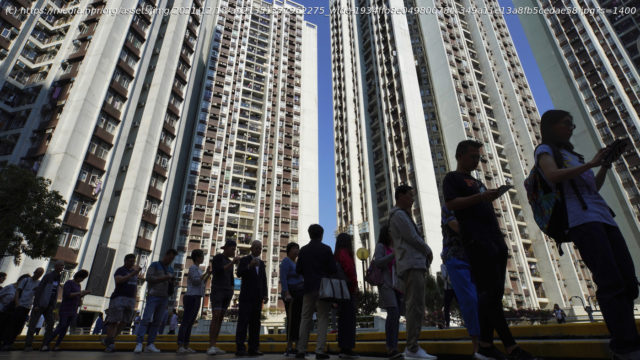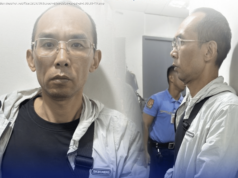HONG KONG — Elections for Hong Kong’s Legislative Council on Sunday mark the culmination of Beijing’s campaign to rein in the body that …
HONG KONG — Elections for Hong Kong’s Legislative Council on Sunday mark the culmination of Beijing’s campaign to rein in the body that had once kept it from imposing its unrestrained will over the semi-autonomous territory. Since the city was handed over from British to Chinese rule in 1997, with a promise by Beijing to keep Western-style freedoms for 50 years, demands for expanded democracy inspired protest movements in 2014 and 2019. But they were largely ignored and subsequently crushed by security forces. Here’s a look at the events that resulted in the dramatic changes to Hong Kong’s electoral system: The 2014 « Umbrella Movement: » Also known as « Occupy Central » for the business district where pro-democracy protesters gathered, the movement got its name from the umbrellas activists used to shield themselves from police pepper spray. Nearly 1,000 people were arrested in what marked the city’s most tumultuous period since China took control of the territory. A government proposal would have allowed the city’s 5 million eligible voters to vote for the city’s leader for the first time. But the package was rejected by pro-democracy lawmakers and activists because the power to select up to three candidates would remain in the hands of a 1,200-member group of tycoons and other elites viewed as sympathetic to the mainland Chinese government. 2019 extradition law protests: The government then withdrew the proposal and current Chief Executive Carrie Lam was selected by an electoral committee. In February 2019, the government introduced an extradition bill it said would plug holes in the territory’s regulations on handing over criminal suspects to jurisdictions where they were wanted, including mainland China. Opponents said that put citizens at risk of being extradited on political charges to the mainland, where legal rights are considerably weaker and where they could face torture and abuse.






